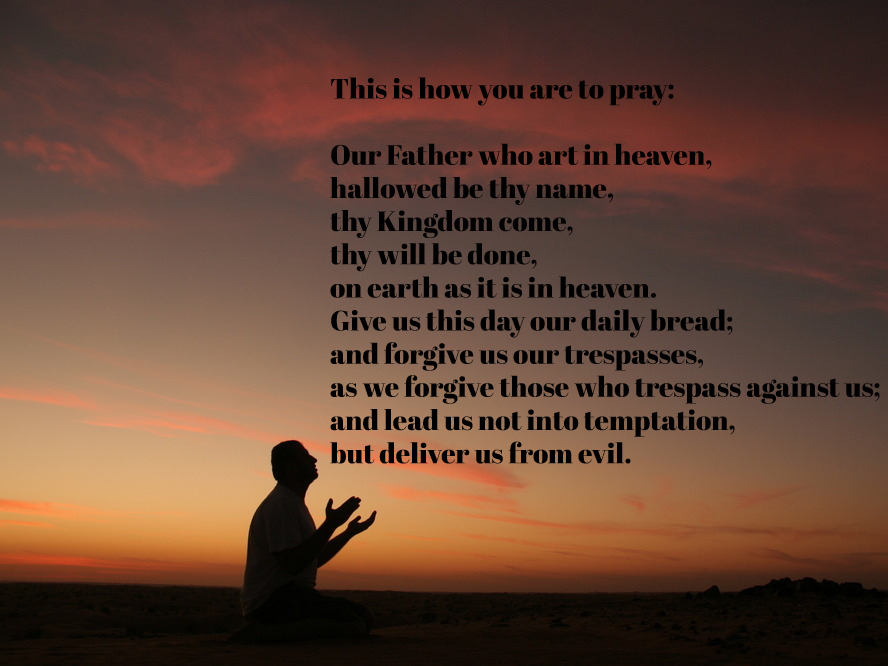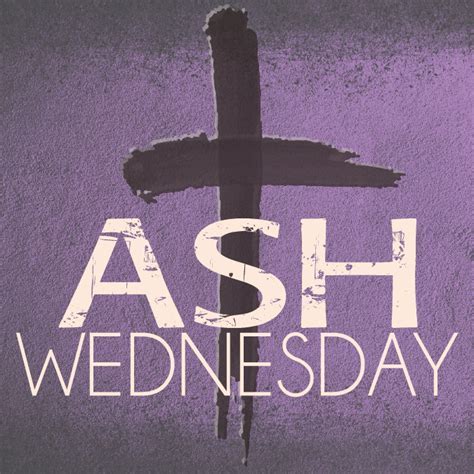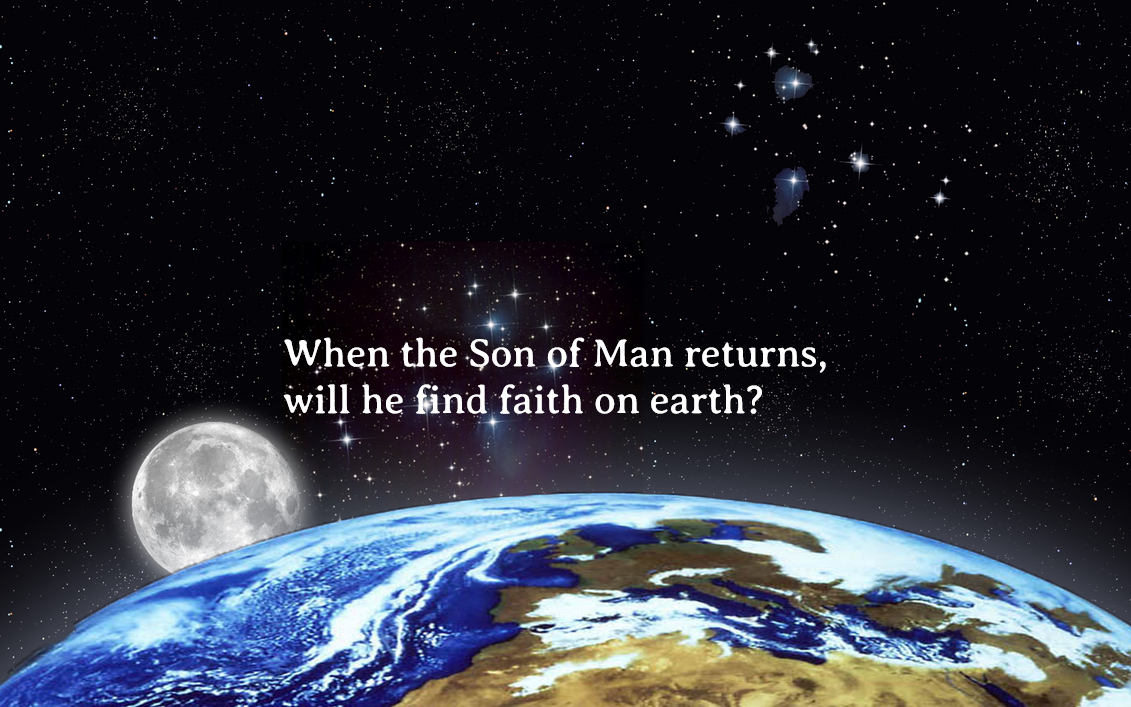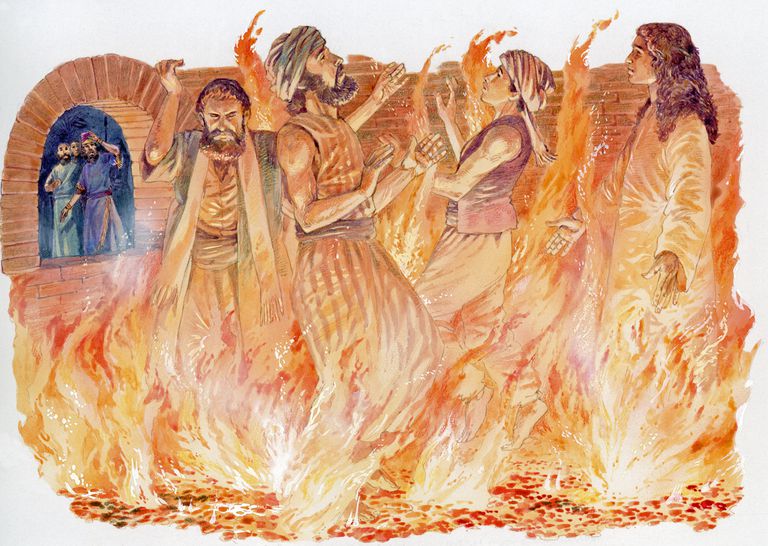Today’s readings
Saint Valentine was a clergyman who lived in the third century. A martyr, he was beheaded on February 14 in the year 369. Before this, he had been condemned to death for evangelizing. But the pagan judge gave him the opportunity to prove the authenticity of Jesus by inviting him to cure his blind adopted daughter. This he did, and the judge and his family were converted and baptized. He was later recaptured for continued evangelization and beheaded. He gave his life for the Gospel and ultimately for our Lord. One legend says that he defied the orders of the emperor and would perform Christian marriages for couples so the husbands could avoid conscription to the army, and it is for this reason primarily that he was put to death. That same legend says that, in order to remind the couples of their vows and God’s love, he would cut out hearts from parchment and give them to the persecuted Christians, which sounds a lot like giving Valentines to loved ones.
It’s not lost on me that Ash Wednesday this year falls on Valentine’s Day. Love of God and neighbor is the essence of the Gospel message, and both of these celebrations bring that call to love to the forefront of our attention. Just as we love our loved ones on Valentine’s Day, we are called on Ash Wednesday to come to a deeper, more vibrant love of God and neighbor. And so on Ash Wednesday, we are called to dedicate our Lent to the three traditional spiritual practices of fasting, almsgiving, and prayer.
So first, there is fasting. We can give up snacks, or a favorite food, or eat one less meal perhaps one day a week, or we can give up a favorite television program or activity. Fasting helps us to be aware of the ways God works to sustain us when we’re lacking something we think we need. The whole idea of fasting is that we need to come to realize that there is nothing that we hunger for that God can’t provide, and provide better than we could ever find in any other source.
Second, we pray. Sure, we’re called to pray all the time, but maybe Lent can be the opportunity to intensify our prayer life, to make it better, to make it more, to draw more life from it. Maybe we are not people who read Scripture every day, and we can work through one of the books of the Bible during Lent. Maybe we can learn a new prayer or take on a new devotion. Maybe we can spend time before the Lord in the Tabernacle or in adoration. Maybe we can just carve out some quiet time at the end of the day to give thanks for our blessings, and to ask pardon for our failings. Intensifying our prayer life this Lent can help us to be aware of God’s presence at every moment of our day and in every place we are.
Finally, we give alms or do works of charity. We can visit a soup kitchen or go out to collect groceries (and, ahem, not expired ones!) for the food pantry. Maybe we can devote some time to mentoring a child who needs help with their studies, or volunteer to help in our school or religious education program. Or we can spend time with a homebound neighbor or parishioner. Works of charity might be a family project, choosing an activity and doing it together. When we do works of charity, we can learn to see others as God does, and love them the way God loves them and us.
And none of this, as the Gospel reminds us today, is to be done begrudgingly or half-heartedly. None of it is to be done with the express purpose of letting the world see how great we are. It is always to be done with great humility, but also with great joy. Our acts of fasting, prayer, and charity should be a celebration of who God is in our lives, and a beautiful effort to strengthen our relationship with him.
The ashes we receive today don’t mean anything if we don’t internalize the call to love better. Repenting of our hard heartedness, or indifference, or apathy, or straight out racism, misogony, and any other sin will help us to more fully receive God’s love and change our lives, and the lives of others around us. Small changes, spiritual practices during Lent, can make this a reality. Love is who God is, Valentine’s Day or not, and the ashes on our head remind us that love calls us to do whatever we can to change the world for the better. It all starts by changing our lives for the better. That’s the gift of Lent.
It is my prayer that this Lent can be a forty day retreat that will bring us all closer to God. Our collect prayer calls this a “campaign of Christian service.” Lent is a time to pay more attention to the ways God wants to bless us and respond by giving blessing to others. May we all hear the voice of the prophet Joel from today’s first reading: “Even now, says the Lord, return to me with your whole heart!”









You must be logged in to post a comment.